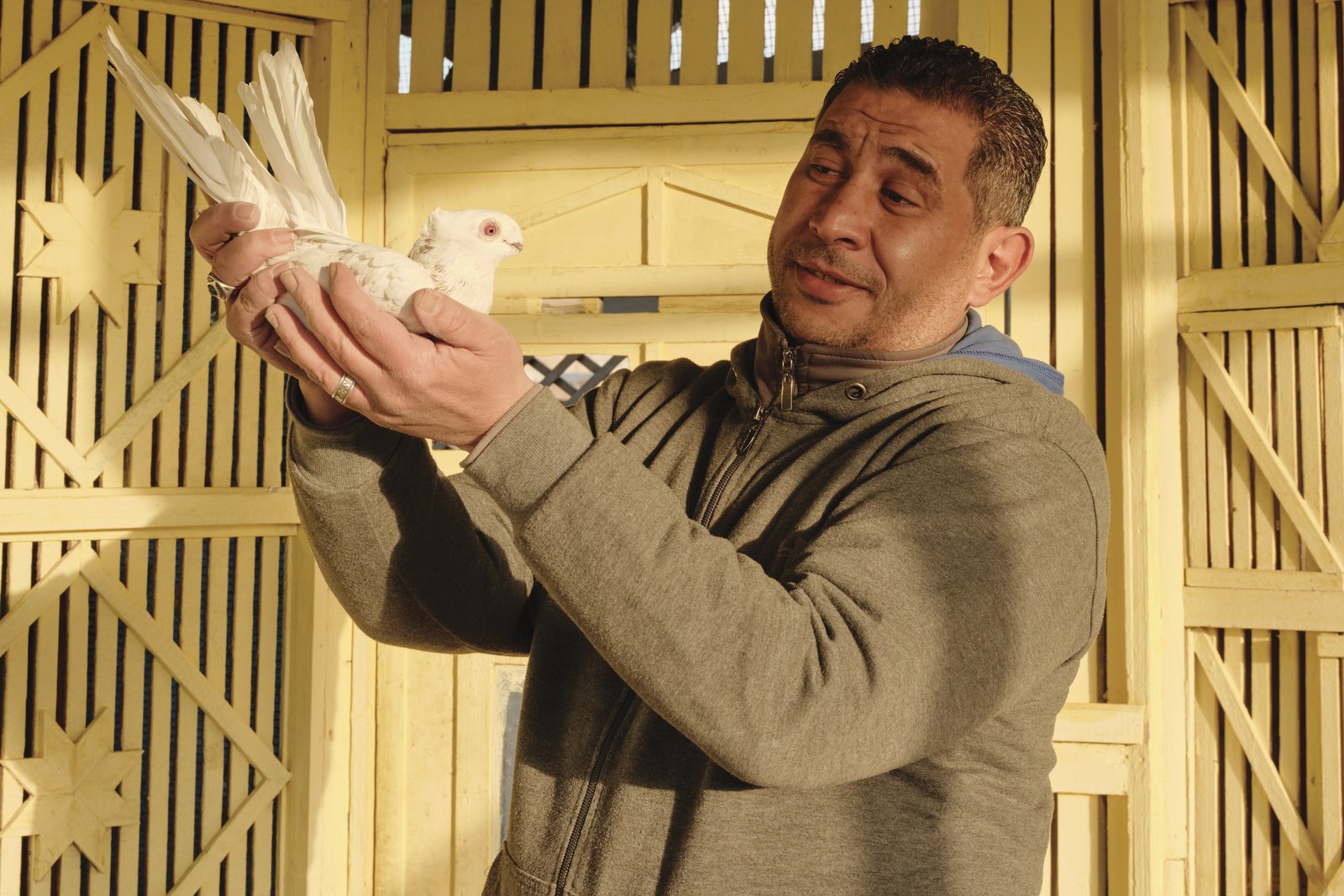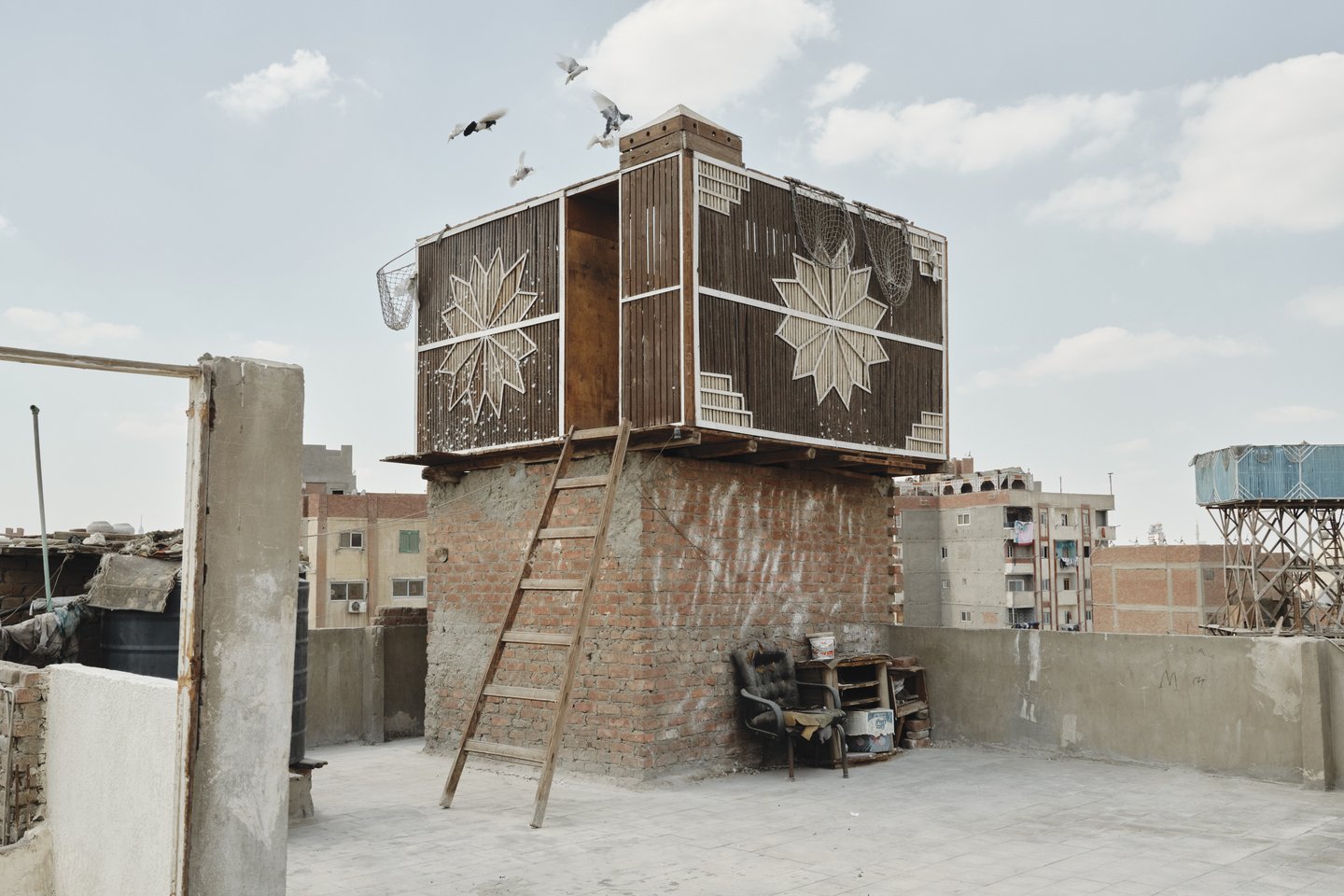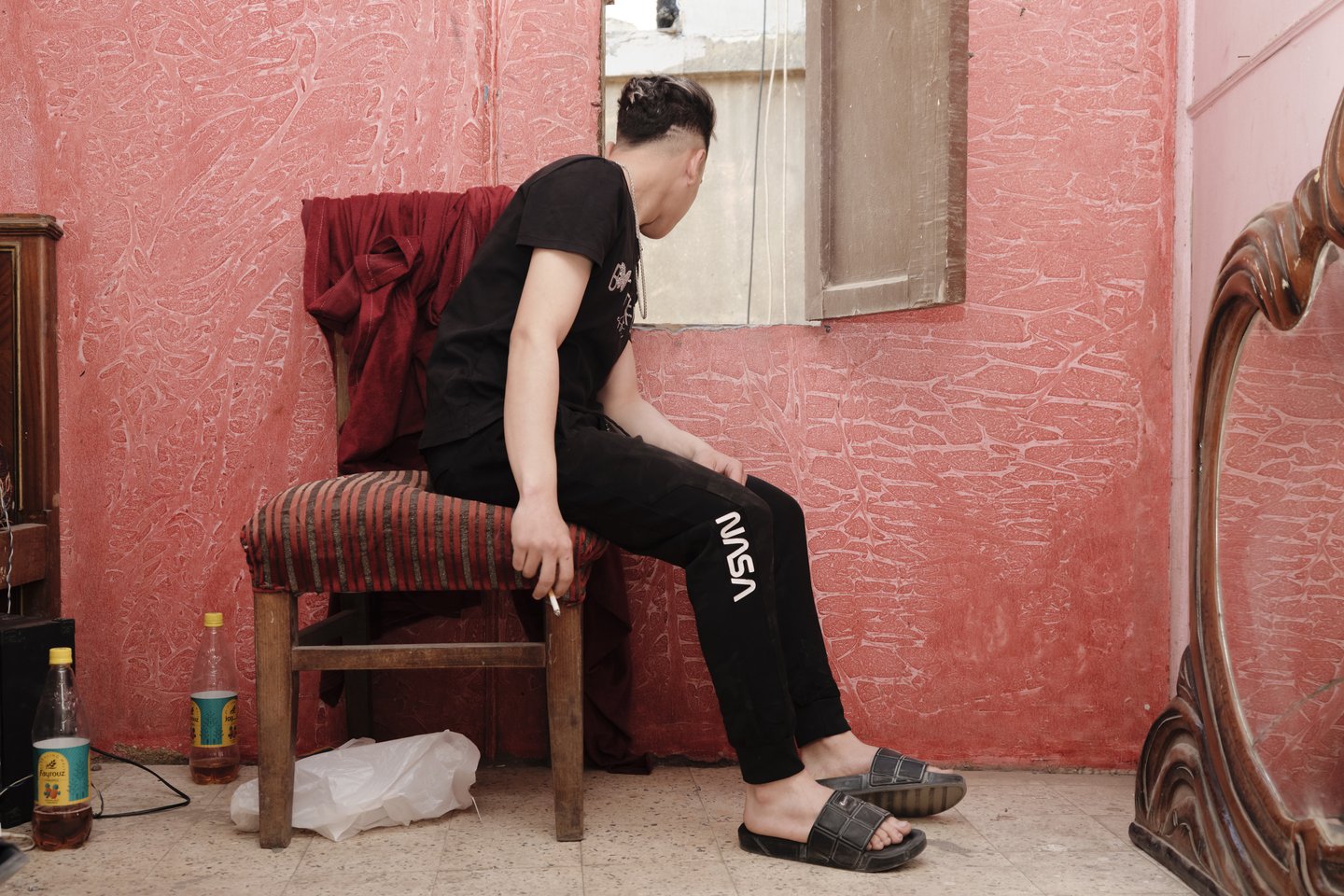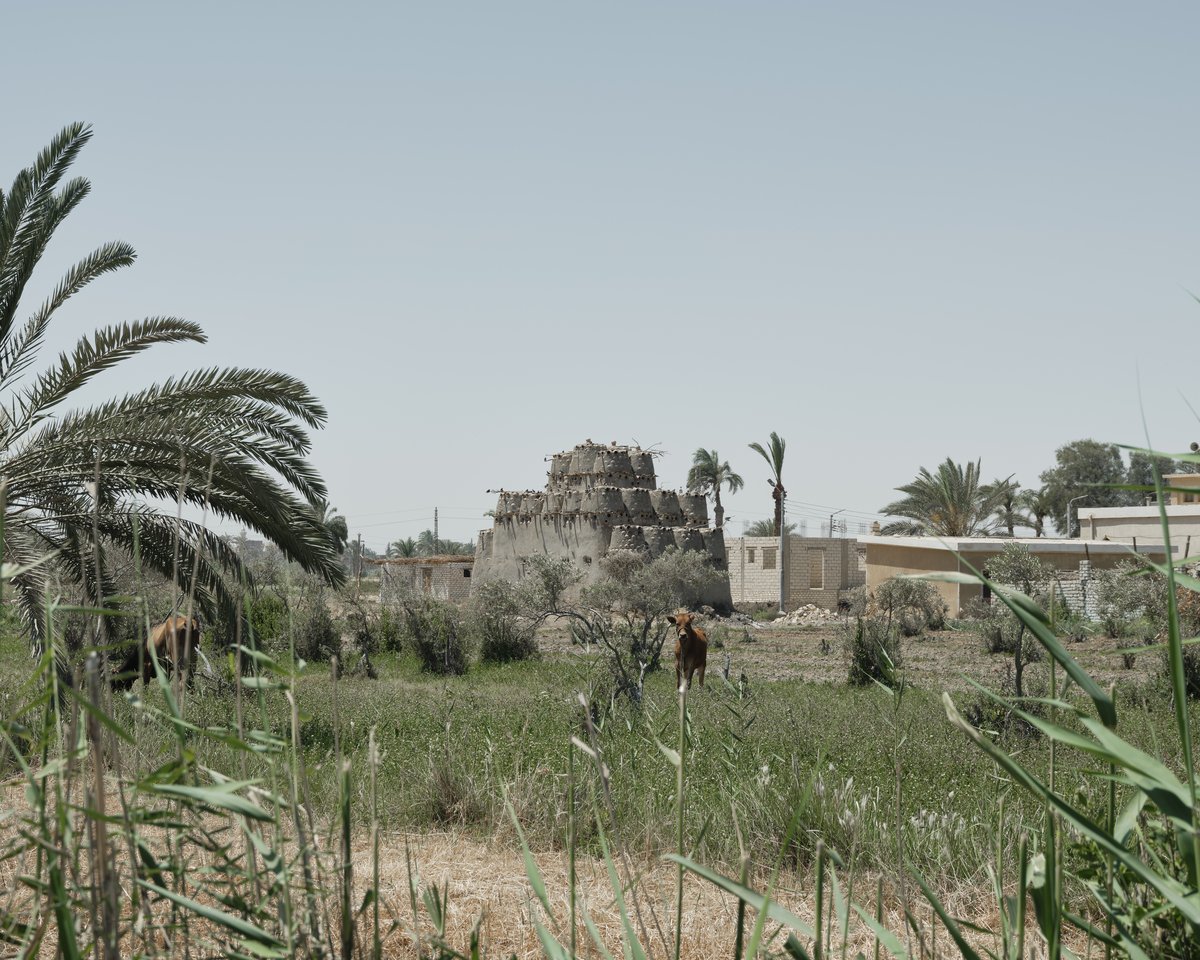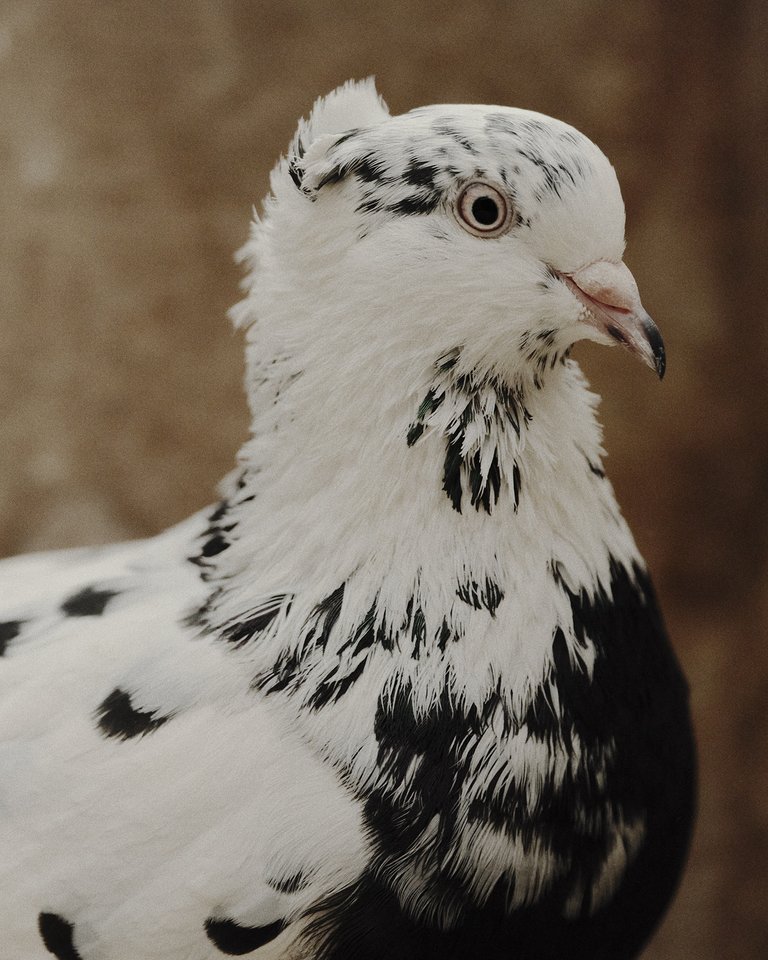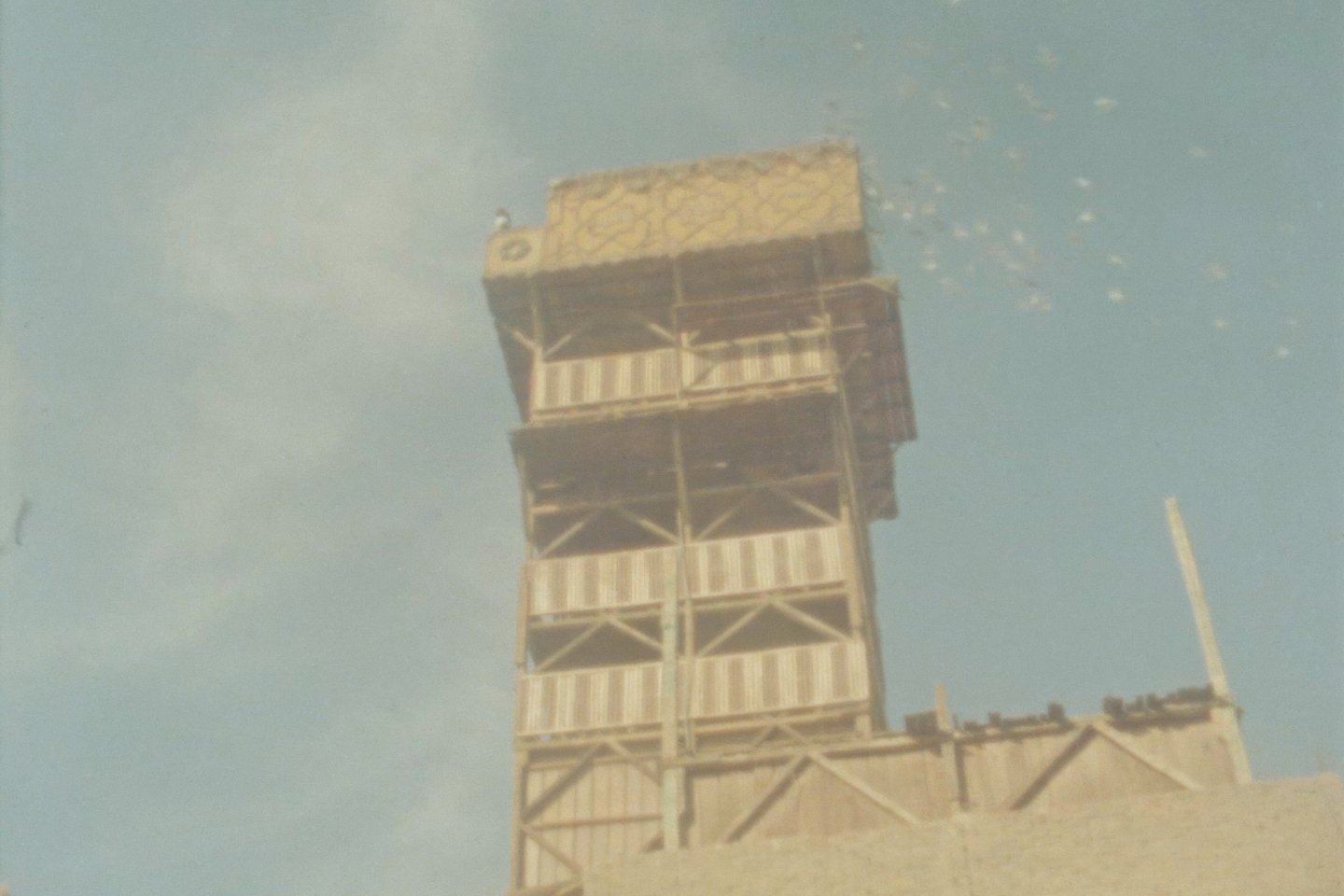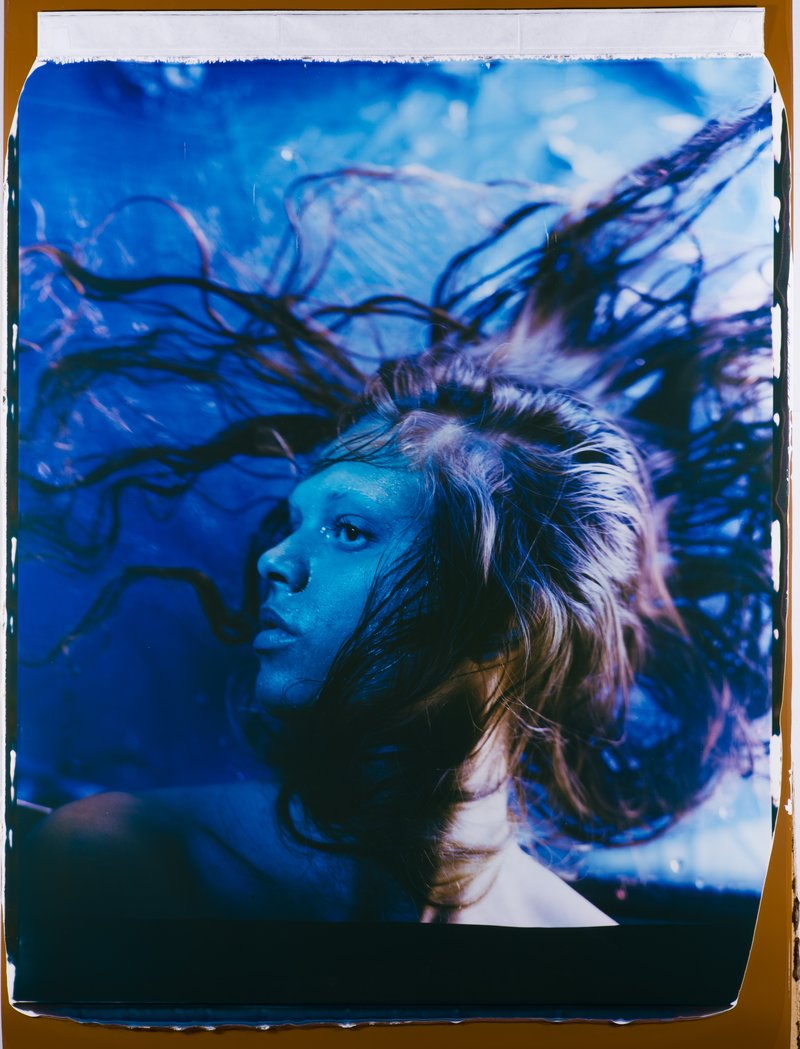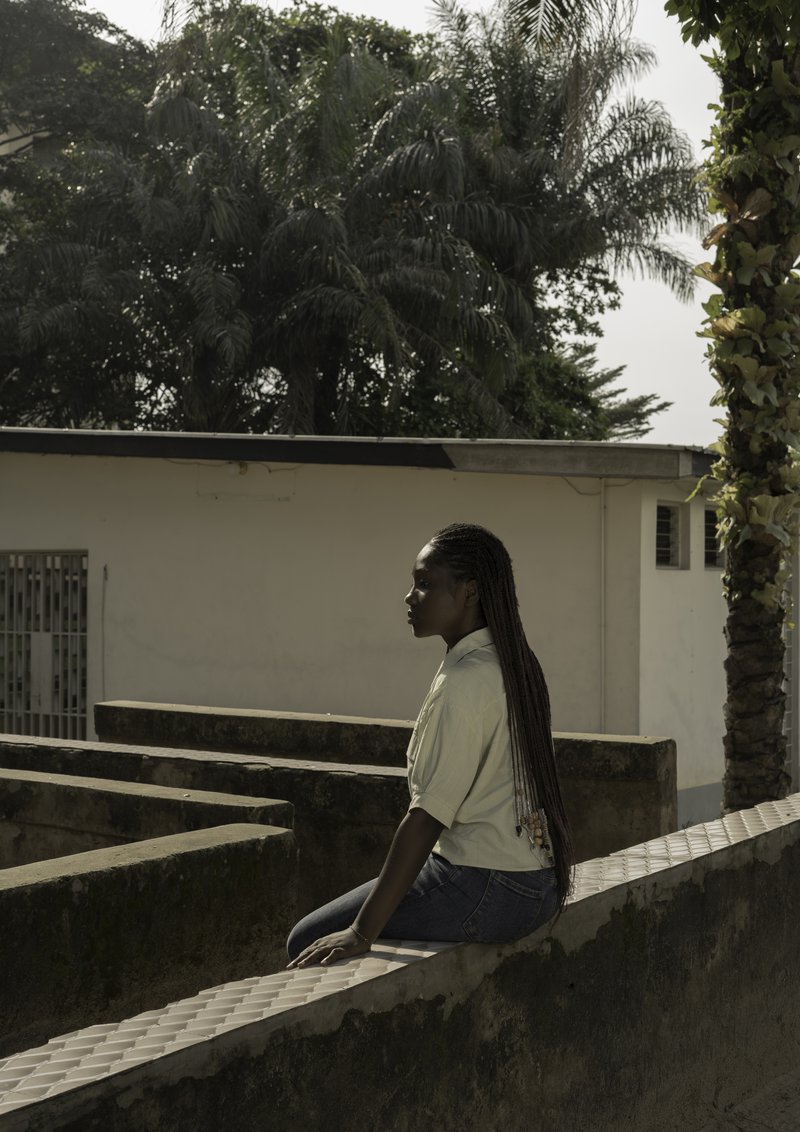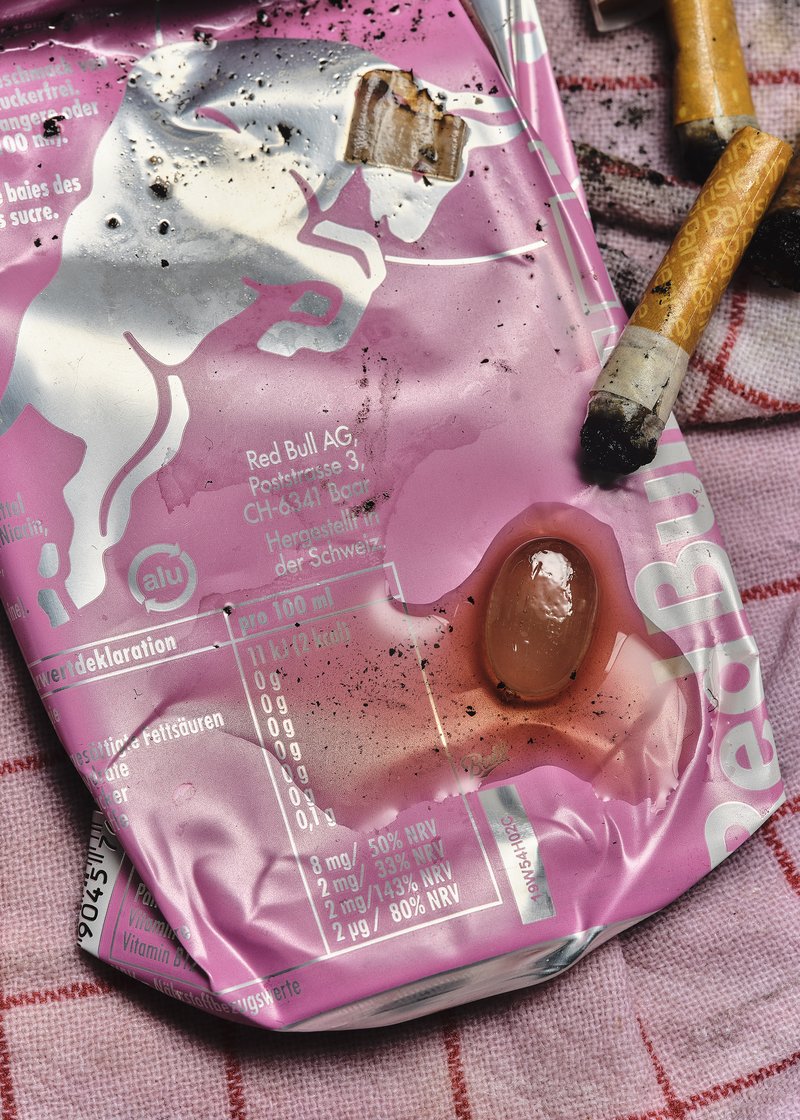
BA PHOTOGRAPHY
Maisie Cuisine Book
with Maisie Cousins
The aim of this workshop, led by photographer Maisie Cousins, is to use photography as a tool to broaden our powers of observation. During the week, students explored macro photography to create miniature and abstract worlds using everyday objects and accessories. This invites us to reflect: what else are we overlooking in our immediate environment?
